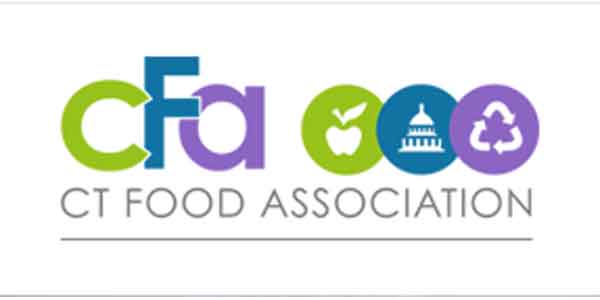Were you a math kid or a reading kid? Right brain or left?
As retailers, manufacturers, wholesalers and technology partners, we clearly need a hearty dose of right brain creativity to be successful in the grocery business. Just as important, we also need some good math chops. We wouldn’t survive long if we couldn’t count inventory, calculate margins and project sales.
Math in business is safety. Math is right or wrong, profit or loss, increase or decrease in margins. We spend our lives counting stuff – and counting on the math to help us chart a course.
Which is why when mathematics doesn’t work – when the predicted outcomes don’t match the reality of our world – it can be disconcerting. Today, energy markets, consumer behavior, global politics, the economy and war in Eastern Europe are behaving in uncommon ways.
Domestically, simple economic principle says that as prices rise, demand should decrease. Common sense says that as interest rates rise, shoppers should buy less and, consequently, prices should stabilize then fall. But the opposite has happened – consumer spending increased 3.7 percent in spring 2023.
Of course, interest rates and consumer spending aren’t the only things that define an economy. Theoretically, rising interest rates should slow corporate investment – build fewer factories, hire fewer new workers, postpone truck fleet replacement, etc. In theory, this lack of action would slow the jobs market.
But in April, the Fed reported jobless claims declined again – 16,000 fewer Americans out of work than the month before.
Certainly, some industries are flailing – corporate office space, for example – but overall, the economy is humming when it should be slowing.
The big fear is that our hot economy isn’t hot at all; that inflation – not real growth – is growing numbers which, left unchecked, crush growth and create a recession. That’s why the Fed keeps signaling more interest rate increases.
But the American public doesn’t seem to be listening. Vacation travel is way up. Demand for new and used cars continues to be strong. Even restaurants, which tend to be one of the first industries to get hit when shoppers decide to slow spending, are optimistic.
Darden Restaurants (owner of Olive Garden and LongHorn Steakhouse) plans to open 55 new stores. Luxury goods mega brand, LVMH, reported sales were up 17 percent in the first quarter, off strong double-digit growth in the last few years.
It’s as if the market says, “Yeah inflation is a thing, but it won’t stop me doing what I want to do.”
So, what does it mean for us?
Here are three thoughts for our industry:
- Shoppers are sustaining lifestyle choices by draining savings (which were way up during COVID-19 but continuing to decline) and increasing credit card spending (over a trillion dollars in consumer credit card debt and rising). Like Mardi Gras revelers partying before they must cut back for Lent, shoppers are holding onto the good times they missed out on for as long as possible.
- They may be having fun, but that doesn’t mean they aren’t concerned. Nearly 80 percent say they are worried about the economy and almost half are worried about losing their jobs. The economy is likely to be the biggest issue in the upcoming presidential election.
- When shoppers are worried, they default to brands they trust. That’s good for independent retailers whose scores on trust and quality have always been higher than bigger retailers and increased during COVID.
So what should we do as retailers? First, be aware that shoppers are becoming increasingly distressed about the future, even if they behave like normal. And shopper rationalizing – cutting back in one area so they can still afford something else – is likely to grow.
Retailers who push “smart choices” as a marketing campaign will grow share. Meal bundles, club packs and cart savings communicate that retailers are sensitive to their fears and doing things to help them enjoy a post-COVID life without harsh consequences.
Finally, look to harness the power of shopper endorsements. On a road trip, we don’t ask for directions if the course is clear. But when the future is muddled, shoppers turn to each other for advice.
Smart retailers will create formal programs to entice loyal shoppers to advocate for their brand. It doesn’t take much – a gift card, free products to sample or the recognition of buying like an insider. High profile social media customers are a gold mine if we reach out and ask them to help promote the store.
In short, for high service retailers, customer confusion is a share opportunity if we serve our shoppers the way no national chain can match.
To read more from The Shelby Report’s guest contributors, click here.
Original article found at The Shelby Report.


